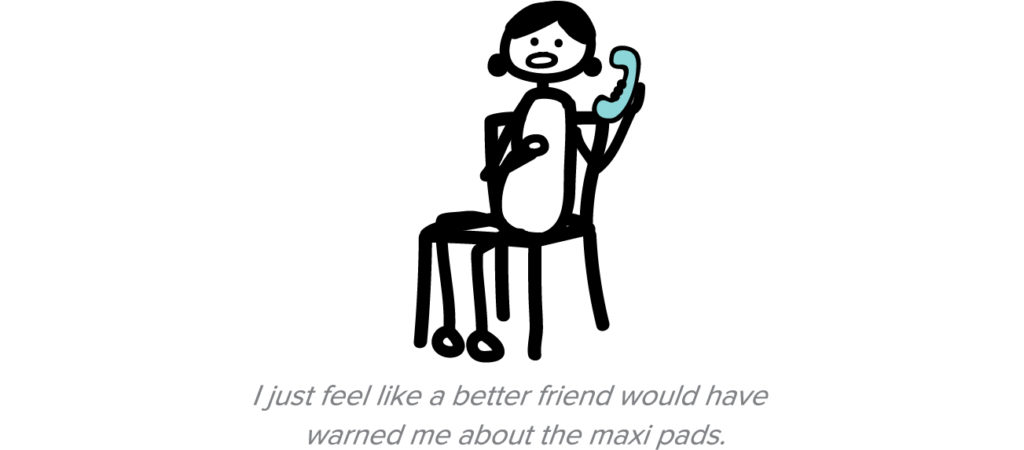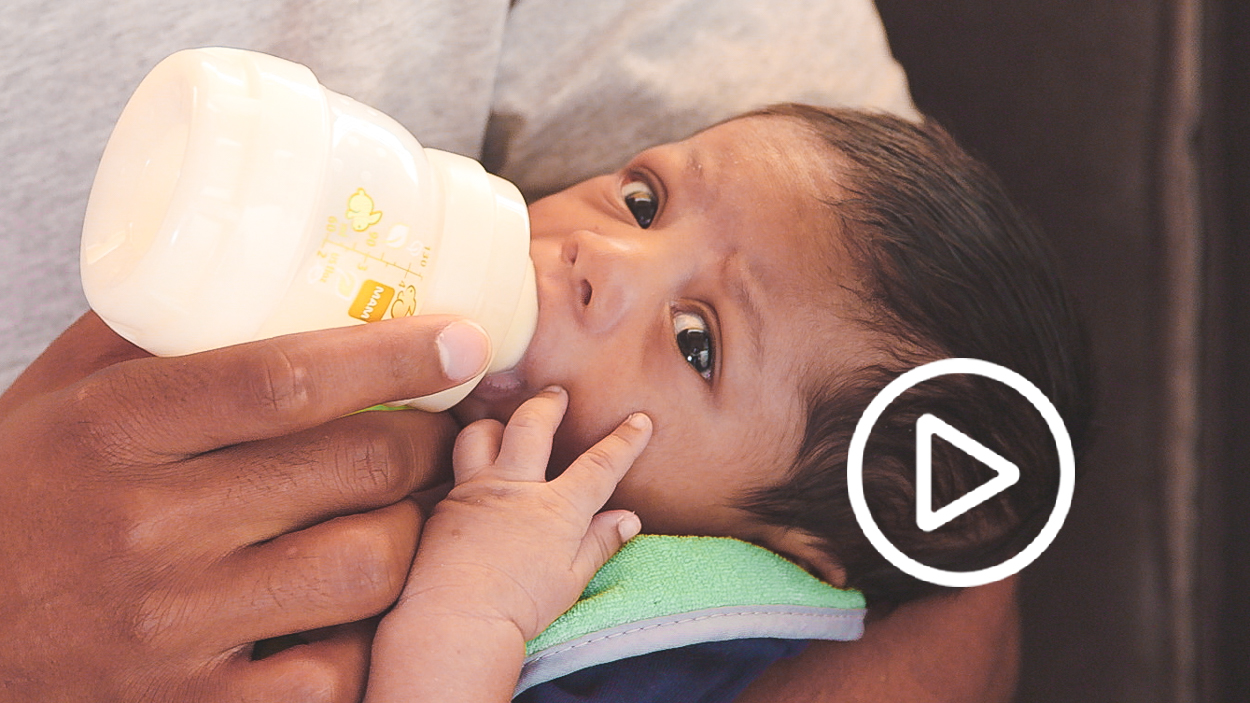

Approved by the What’s Up Moms Medical Advisory Board
Your beautiful baby is here, and somehow, you got her out of your body through a teeny tiny hole! Bravo, woman. But. HOW ON EARTH DOES YOUR VAGINA RECOVER FROM SUCH INSANITY?
First of all, know that what feels raw and impossibly sore the first few days will heal in time. How much time? This depends, according to Dr. Rachel Graves, who practices family medicine and obstetrics in Portland, OR.
“If your baby weighed six pounds and came out after 20 minutes of pushing, you’ll likely have less trauma down there than if you had a big baby who got his shoulder stuck, and you pushed for three hours,” Graves said. “Second-time moms often have a quicker recovery because they don’t push for as long thanks to the ‘starter baby.’”
So, if you don’t tear at all or have a first degree tear, you might feel completely normal within a week or two. If you have a 4th degree tear (which goes into the muscles of your rectum), it may take closer to 3-4 weeks to heal.
Just for clarity’s sake, these guidelines apply primarily to vaginal births; C-sections involve a different healing process. That said, everyone — women who’ve delivered vaginally or with a C-section — will have a fair amount of discomfort in the earliest days. And, though it can vary in duration, everyone can expect a few days of heavy bleeding, followed by a period-type flow for another week; it’s also normal to have light bleeding for up to 4-6 weeks after delivery.

Here are Dr. Graves’ general guidelines for staying comfortable and promoting healing during those first few weeks.
- Use ice packs down there. Yep, put them right on whatever feels swollen. Place that ice into those handy mesh undies the hospital gives you, and wear it as long as you can tolerate. You can even freeze pads “padsicles” (pads soaked in witch hazel/water then popped in the freezer). Keep up this practice for as long as needed, though it’s usually most needed in the first week.
- Take Ibuprofen and Tylenol. Pain begets pain, so please don’t be a heroine. (You got that baby out of you – you’re already a heroine!)
- Avoid sitting for too long. This puts pressure on the perineum. Invest in a donut pillow; who cares how silly it looks if your bits are comfy?
- Use a spray bottle of warm water while and/or after peeing. Little tears can make peeing uncomfortable in those earliest days. Spraying water on yourself while you’re on the toilet dilutes the urine.
- Try a topical numbing spray. If you have tiny tears that are burning when you pee, this can make a big difference.
- Ask for stronger meds. If you have a 3rd or 4th degree tear, there’s nothing wrong with getting prescription medication. Talk to your doc.
- Avoid constipation. Obviously everything down there is super close together and it can feel, uh, terrifying to poop. “I’ve had patients call me saying they need to go to the ER to get the poop out,” Dr. Graves said. Take stool softeners, eat prunes, or take a fiber supplement. And this cannot be emphasized enough: drink water. Lots of it. You don’t want want to be bearing down while everything is trying to knit itself back together.
- Try a Sitz Bath. No need for special equipment, just use your regular bathtub. This is an easy way to clean the area, and the warmth provides comfort to the whole shebang. No need to add anything to the water, but if you really want to, try Glycerin or baby soap.
- Add witch hazel to your pads or bath water. That’ll also help with those heinous hemorrhoids, in case you are lucky enough to have those, too.
While we’re at it, Graves suggests avoiding these 4 things:
- Surely you don’t need the reminder, but don’t put anything inside your vagina for 6 weeks. You should wait at least 8 if the tearing was really bad. And this should go without saying, but for the love of all things mighty, don’t douche. (Do people still douche?)
- After the birth, you can take a shower, but avoid baths until bleeding has stopped and the cervix is closed (save for a sitz baths, which are good for healing and don’t place much pressure on those tender parts). Avoid pools or hot tubs for a month or so — this is key to staving off infection.
- Keep that heating pad away from your perineum. It will only worsen the swelling. Save it for your lower back.
- Avoid lifting. Or squatting. Or bending down. All of this puts more pressure on the perineum. Of course, this one is hard to pull off if you also have a toddler, but remember that the faster the recovery, the sooner life will resume to some semblance of normal.
When to check in with your doc
Things not feeling totally normal? That’s totally normal. But if you really feel like something is wrong, trust yourself. Call your doc right away if…
You’re using pain meds and you’re still hurting. “A lot of pain is too much pain,” Dr. Graves said. It could signal an infection (fever, chills, foul discharge, increased swelling), a hematoma that needs draining (a blood collection in the vaginal wall), or vaginal varicosities (varicose veins… in your vagina).
You’re having very, very heavy bleeding. Meaning you’re going through more than a pad per hour for more than two hours in a row.
After 8-9 weeks, you’re still bleeding. At that point, your doc will do an exam and an ultrasound to make sure there’s nothing left in your uterus (like a piece of placenta) or blood clots.
If you suddenly feel a lot worse — you’re in more pain, or the bleeding gets more intense.
Like all things postpartum, you may feel like this phase is going to last forever and ever and ever, and that your vagina will never be what it once was. (But your vagina will — eventually — be BACK!) Take it one day at a time and be kind to yourself. And for now: just cozy up to that ice pack and donut pillow.







